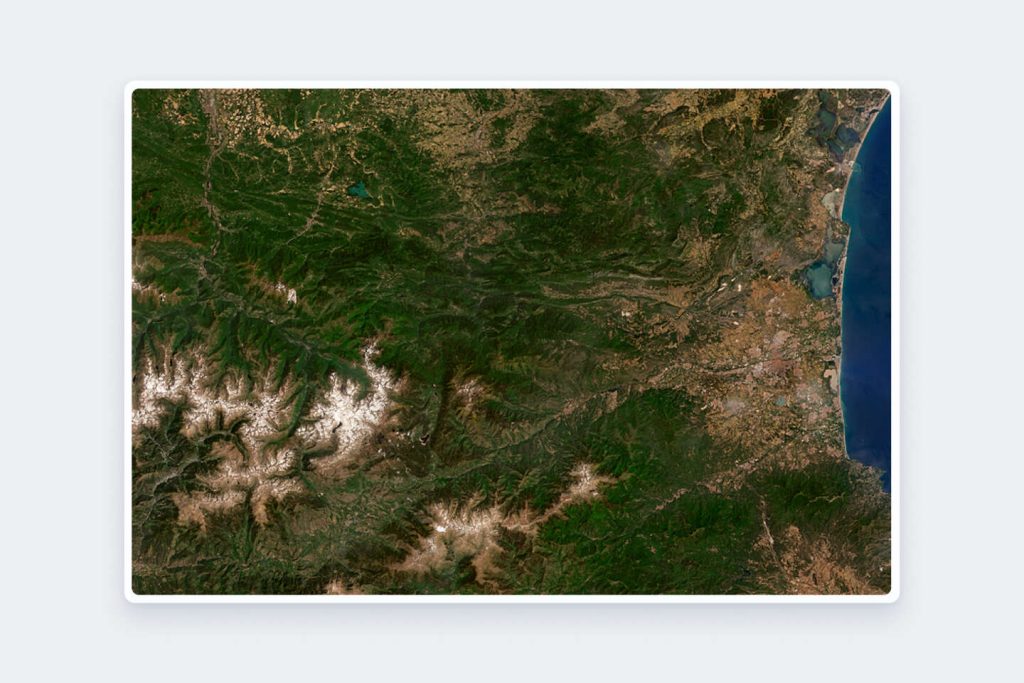The plain of Roussillon in the eastern Pyrénées-Orientales has experienced almost no rainfall since May 2022, leading to a severe drought. This unprecedented drought has resulted in five municipalities lacking drinking water, with forty more under surveillance for water shortages. The region has experienced a recurring deficit in precipitation for the past two years, with only a few months approaching normal levels. The situation has been exacerbated by above-average temperatures, making dry weather the norm.
The drought is most severe in the eastern Pyrénées-Orientales, where the deficit in rainfall has been as high as 60-70% compared to normal levels. The western part of the department, with its mountainous terrain, has seen lower deficits due to more abundant rain and snowfall. The current drought is unparalleled, surpassing previous dry years such as 1973 and 1983. The last two seasons, crucial for rehydrating soils and replenishing groundwater, have seen record low precipitation levels, further exacerbating the crisis.
Despite abundant precipitation in other parts of France since November 2023, the Pyrénées-Orientales have not received significant rainfall due to their geographical location. The region’s lack of precipitation is linked to the absence of Mediterranean depressions that typically bring heavy rainfall. As a result, the region is facing extreme water scarcity, affecting agriculture and water supply. The dry conditions have also impacted soil moisture levels, causing concerns about water availability for vegetation growth and crop production.
The drought has also led to critically low levels in the groundwater reserves of the Roussillon region. Some observation points in the Agly basin have recorded historic lows, with levels continuing to drop. The situation is unprecedented, with most groundwater levels significantly below normal for this time of year. The region is facing a challenging future in terms of water resources, with uncertain prospects for recovery unless there are sustained periods of above-average precipitation.
The impact of the drought is exacerbated by rising temperatures, which contribute to faster evaporation and reduced snow accumulation. The higher temperatures also affect the length of the growing season, leading to less water available for groundwater replenishment. Climate change has been implicated in the severity of the current drought, with projections indicating further temperature increases and reduced rainfall in the Mediterranean basin. The region’s climate is becoming increasingly arid, mirroring that of Valence, Spain, prior to climate change.
To address the structural deficit in water supply, the regional council of Occitanie has initiated a study to extend the Aqua Domitia project into the Pyrénées-Orientales. This project aims to divert water from the Rhône River to alleviate water shortages in the region, but implementation may take years. In the meantime, the region must grapple with the long-term effects of the drought and uncertain prospects for future precipitation levels, highlighting the need for sustainable water management.


